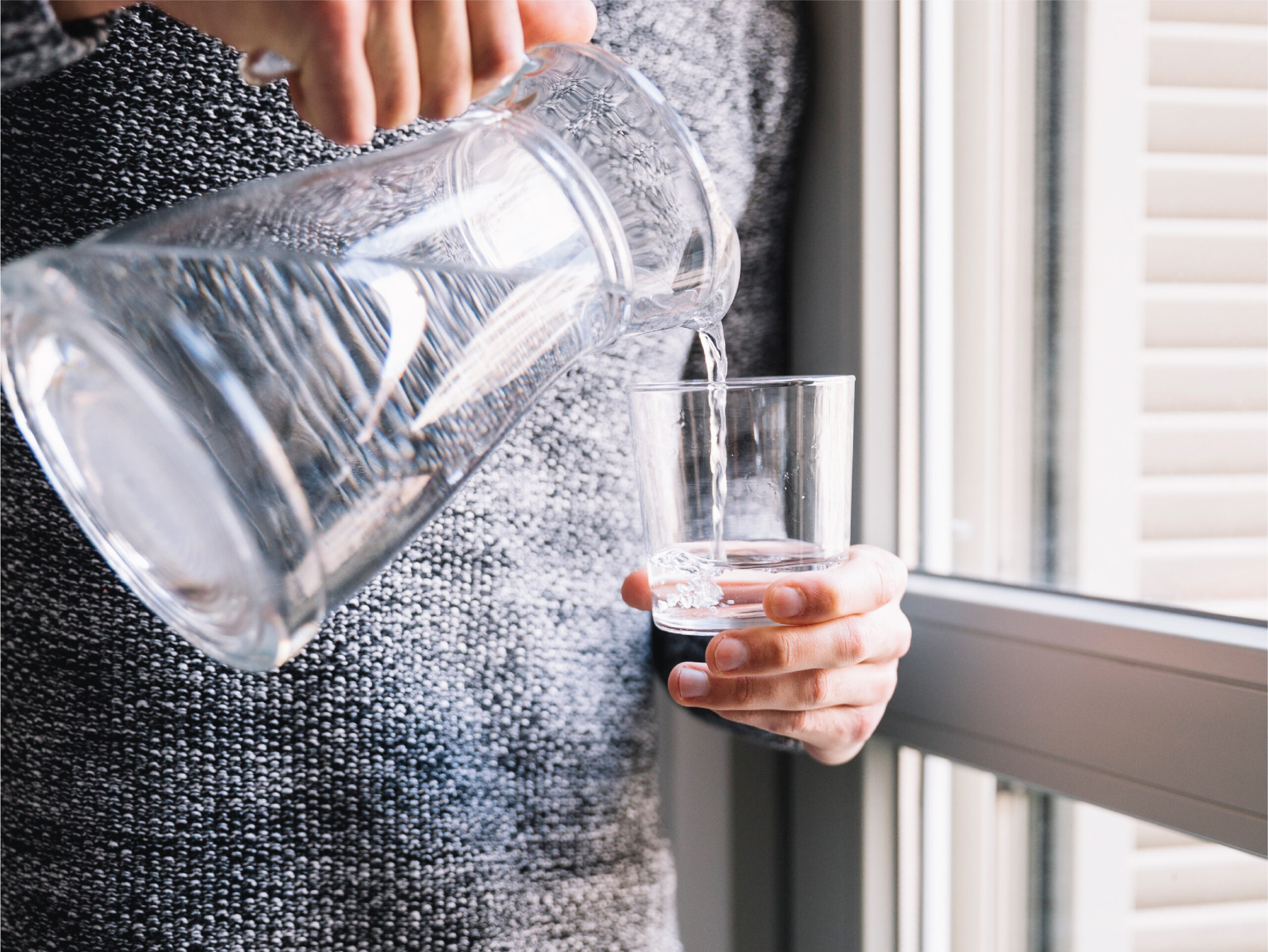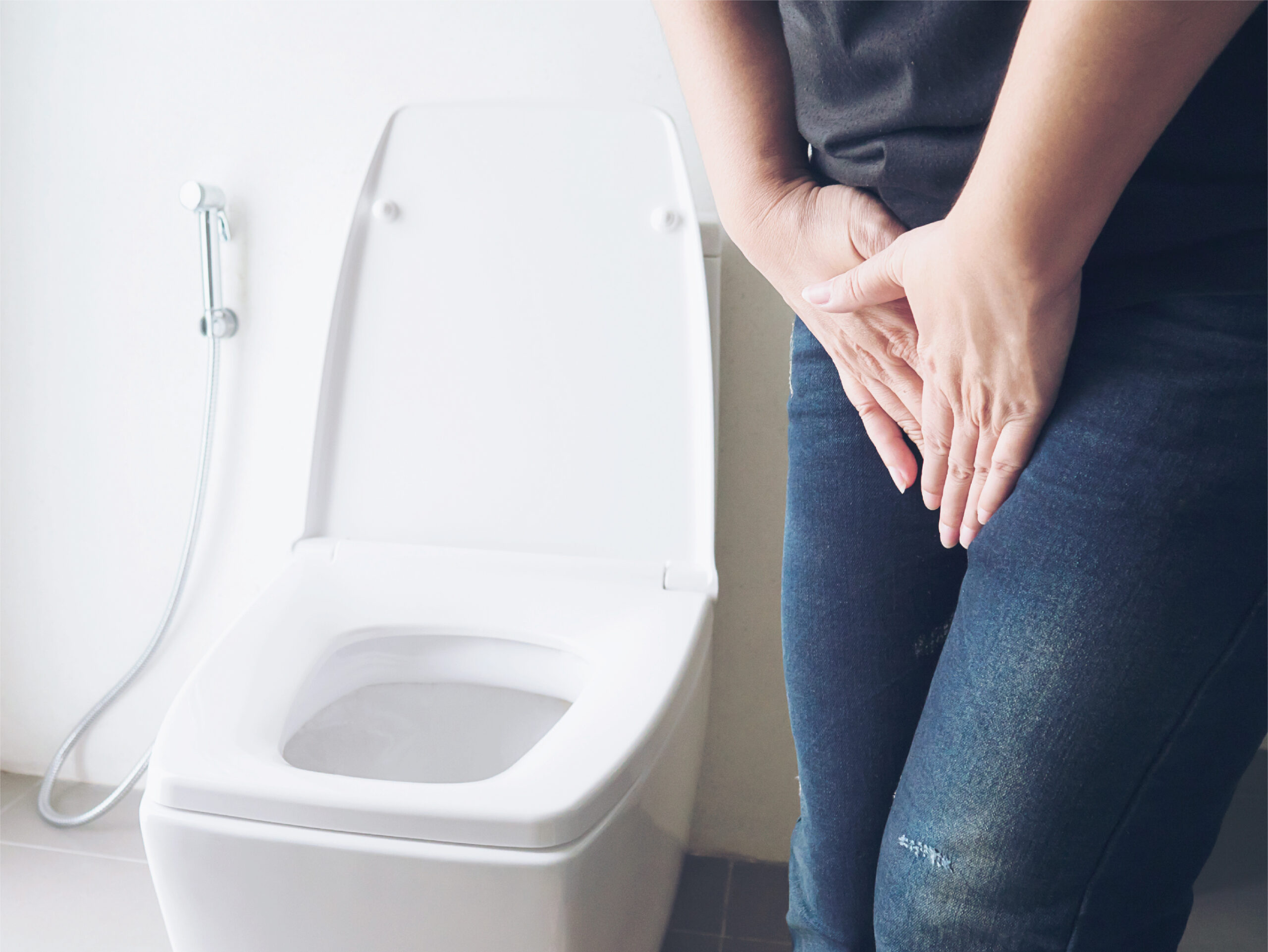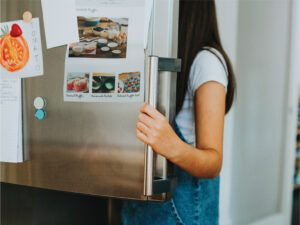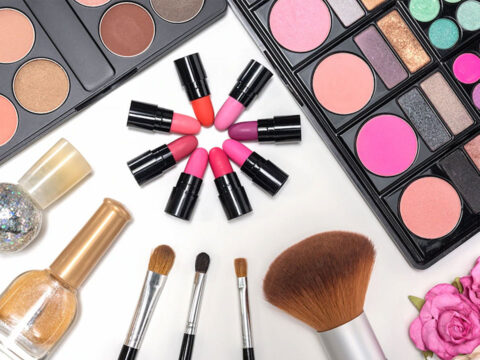
What Is Diabetes Thirst And What You Can Do About It?
April 26, 2022
Dealing With Frequent Urination Linked To Diabetes
April 26, 2022“Is snacking good for diabetics?” this is a frequently asked question.
If you have diabetes, late-night snacking need not necessarily be off-limits. That said, it is essential that the choices made are healthy.
Late-night snacks add to the number of calories consumed, which can lead to a gain in weight. Moreover, if you snack after consuming your evening meal (especially on foods rich in carbs) you may wake up the next morning with high blood sugar levels.
If you develop hunger pangs post-dinner, try consuming a glass of water first. This is because many a time thirst may feel like hunger. If you are still feeling hungry, a low-carb, low-calorie snack is your best bet, preferably one that is an excellent source of protein and fibre, such as a handful of nuts and Greek yogurt.
Other snacking options include:
- A hard-boiled egg
- 5 baby carrots
- ¾ cup light popcorn
- Salad greens (including cucumber) with a drizzle of oil and vinegar
- 1 tablespoon of peanut butter (around 15 grams) and celery
Insulin and Medications
If you intake insulin or are on other diabetes medications, you may need to snack sometimes before going to bed to successfully treat or prevent hypoglycaemia (or low blood sugar) that may manifest during the night. If this is a regular, recurring problem, you need to speak to your doctor. He or she may make adjustments to the dose of medications to prevent the need of consuming a night snack for diabetes.
Why Do Diabetics Get Hungry at Night?

Polyphagia is the precise medical term used to describe increased appetite or excessive hunger and is one of the three primary signs of diabetes.
An increase in hunger is generally a response to completely normal phenomena such as intensive exercise as well as other strenuous activity. That said, polyphagia could be caused by severe issues, including depression and stress.
Also known as hyperphagia, polyphagia is one of the three primary diabetic symptoms, the other being polydipsia (increased thirst) and polyuria (excessive urination).
Hunger and Hyperglycaemia
When it comes to uncontrolled diabetes (where blood sugar levels are abnormally high), glucose present in the blood cannot enter cells because of lack of insulin or insulin resistance. Hence, the body cannot convert the food you consume to produce energy.
This lack of energy causes polyphagia or excessive hunger.
Mere eating will not tackle the problem of polyphagia in individuals with uncontrolled diabetes because this will simply add to the already high blood sugar levels. An optimum way to lower blood sugar levels is to engage in exercise and physical activity because this can help in stimulating production of insulin, thereby reducing blood sugar levels.
That said, if hunger continues to persist, you may need to take the advice of your doctor or diabetes healthcare team.
Hunger and Hypoglycaemia
Excessive hunger could also be the result of hypoglycaemia or low blood sugar levels.
If your blood sugar reading falls below 4 mmol/L, the body typically responds by releasing glucose that is stored in your liver to successfully raise blood glucose levels back to normal. However, individuals with diabetes who intake insulin and medications such as sulfonylureas are at a higher risk of developing a highly severe form of hypoglycaemia. These individuals must treat low blood sugar levels by consuming something sweet as soon as symptoms of hypoglycaemia occur.
Knowing the Symptoms of Polyphagia
The primary symptom of polyphagia is excessive hunger that does not diminish with the consumption of more food or eating more regularly than normal.
If a sudden increase in appetite is a primary concern, you must consult your doctor. They will thoroughly examine you to check if your hunger is a symptom of diabetes or some other medical condition.
To Sum It All Up:
Excessive hunger (which is also known as polyphagia) can be the result of both hypoglycaemia and hyperglycaemia in those with diabetes. This hunger will not diminish by consuming more food or eating more regularly than normal. One of the best ways to tackle the problem is to successfully keep your blood sugar levels within the target range. Extreme fluctuations in blood sugar levels may lead to the onset of polyphagia. Those with low blood sugar levels (or hypoglycaemia) must consume something sweet in the form of a night time snack for diabetes to avoid severe complications. If the problem still persists, you must consult your doctor as soon as possible, who may alter your dosage of insulin and other diabetic medications.




